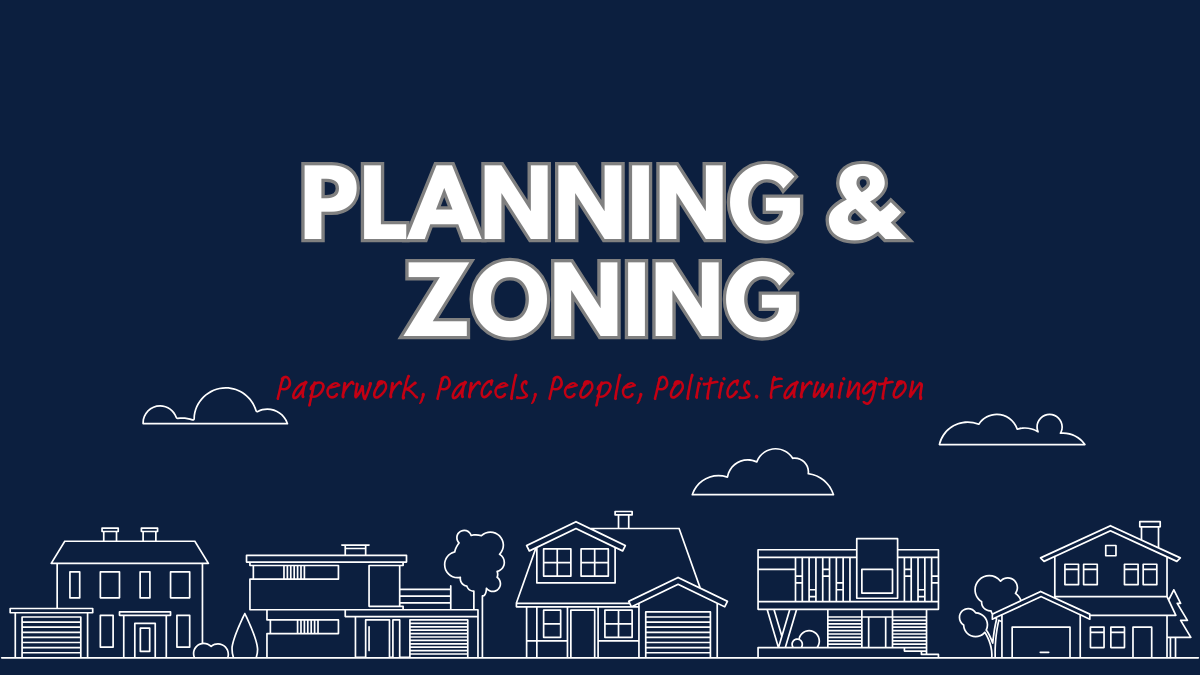
Power, Ballots, and Blowback: Four Days That Framed Connecticut’s Political Future
The last week of August always carries its own rhythm. The buses are back on Main Street, teachers shepherd kids into classrooms, and families try to stretch the last hours of daylight before homework and bedtimes reclaim the evening. In politics too, the pace is quickening. Over just four days, Connecticut’s debates on energy, elections, and civic tone collapsed into one frame—and pointed toward the fights that will shape 2026.
A pause at sea
On Monday in New London, the mood at State Pier was brittle. Union crews stood beside idle cranes as Governor Ned Lamont condemned Washington’s stop-work order on the Revolution Wind project. The federal pause—framed as a “national security” concern—halts a build roughly two-thirds complete, with 45 of 65 turbines already installed and $4 billion committed. Officials warned the decision risks hundreds of jobs and the rate stability promised to households that signed on for fixed-price power.
Whether the rationale is policy or politics, the cost of waiting is concrete: construction loans don’t stop accruing, leases don’t pause, and families in Hartford County—including Farmington ratepayers—could see the fallout in higher monthly bills if the delay drags.
Ballots, not rhetoric
Days earlier, a different order reverberated from Washington: talk of scrapping mail-in ballots and even voting machines. Connecticut’s Secretary of the State, Stephanie Thomas, answered directly. Absentee voting here dates to 1864. Ballots are paper, audited, and drop boxes are monitored. Elections are run by state and local officials, not federal tweets.
Her statement doubled as a civics lesson. For Farmington voters, nothing changes this fall. Ballots arrive the same way they have for decades; registrars still oversee the process; results are checked and verified.
A plea for dignity
At the Capitol, House Speaker Matt Ritter, Majority Leader Jason Rojas, and Minority Leader Vincent Candelora issued a joint statement after Rep. Corey Paris reported threats linked to a social-media post about immigration enforcement. Their call for “respect and dignity” may not cool the internet, but it sets a marker: the tone in Hartford matters. Both parties have reason to worry that corrosive rhetoric could spill into the 2026 campaigns.
Trust on trial in Hartford
Trust was further tested at City Hall, where an internal audit alleged Councilman Alex Thomas misused a city purchase card for meals and travel. Thomas disputes the findings, but the city is seeking reimbursement and weighing next steps. The sums are modest compared with billion-dollar projects, yet every misstep—real or perceived—chips away at confidence in government’s ability to steward bigger responsibilities.
The governor’s race sharpens
Meanwhile, Republican state Sen. Ryan Fazio formally entered the race for governor. His platform hits familiar notes: lowering income taxes, capping property taxes, and cutting electric rates. In a week when a stalled wind farm and rising bills dominated the news, the message landed squarely. Democrats will argue that defending clean-energy projects protects jobs and long-term stability; Republicans will counter that families are still paying too much.
What it means here
The through line is clear. A federal order can stall steel in Long Island Sound. A federal threat can sow doubt about the ballots Farmington voters will mark in November. A local audit can erode trust needed to govern. And in the middle of it, candidates are already shaping 2026 around cost, competence, and credibility.
Which brings us back to Farmington. On Wednesday, August 27, at 11 a.m., the Town Clerk’s office at 1 Monteith Drive will hold a public lottery to determine the order of names on November’s ballot. It’s a modest ritual—slips of paper drawn in a small room—but it is democracy at its most tangible. After a week of edicts, pauses, and statements, residents can watch the process unfold, see transparency in action, and leave knowing their ballot order was set in public view.
Four days, three flashpoints, one reminder: in Connecticut, politics is national in scope but local in practice. And in Farmington this week, that practice is as simple as a bowl, a draw, and a ballot.
About the Author
Jack Beckett drinks his coffee black, not because he’s tough but because he’s too impatient to wait for milk. Senior Writer at The Farmington Mercury, Jack files stories that refuse to blink.
☕ While you’re caffeinated, explore the rest of The Farmington Mercury:
- Our latest editorials
- The Historic District Commission and Wetlands Committee
- Local law enforcement and zoning coverage
- Farmington High School updates
- Board of Education notes
- Even classifieds and positions
Subscribe at thefarmingtonmercury.com/subscribe, or send us your tips via Contact Us. You can also message us on X.com—yes, Twitter, or as we call it, Twix—at @WeFarmington.
Sponsor Note
This column is brought to you by Farmington Storage, located at 155 Scott Swamp Road. Call 860.777.4001. The only facility in Connecticut that could probably store the turbines Washington doesn’t want spinning.
Creative Commons License
© 2025 The Farmington Mercury / Mercury Local
This article, “Farmington Politics: Wind Halt, Ballot Battles, And A Lottery For Democracy,” by Jack Beckett is licensed under CC BY-ND 4.0.
“Farmington Politics: Wind Halt, Ballot Battles, And A Lottery For Democracy”
by Jack Beckett, The Farmington Mercury (CC BY-ND 4.0)









